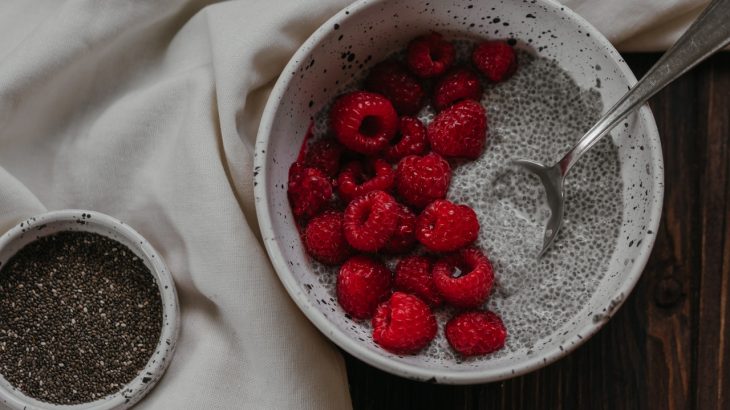More and more people are consulting their doctors and finding out they have gluten intolerance. As of now, research is suggesting that 18 million Americans have non-celiac related gluten sensitivity. People who are gluten intolerant experience negative side-effects due to the presence of gluten in certain foods. If you talk to your doctor and they advise you to go gluten-free, you may not know where to start or what to expect. Making dietary changes can be a challenge since most of us have eating habits that resemble what we grew up eating, which, more often than not, contain lots of foods with gluten. Here are some of the things you can expect to experience when making the switch from gluten to gluten-free.
Prepare to be surprised (in a good way)
The most common misconception with a gluten-free diet is that you won’t be able to eat much of anything- this simply is not true. There are plenty of foods to choose from and restaurants all over are starting to offer gluten-free meals to their menu for more convenience. Even many cultural foods have gluten-free cuisines that are both delicious and healthy.
You will not have to give up all grains, and there are gluten-free breads and snacks you can choose from to keep your diet interesting. There are also services that offer gluten free meal delivery, giving you more options and convenience.
Gluten hides in places you might not expect
Even if you are choosing to go with a veggie burger or salad, you must always check to make sure there is no gluten within your food because surprisingly, things you may assume don’t have gluten very well might contain it. It can also be found in some medications and supplements. It is a good idea to start reading labels of the products you choose to consume.
People may question you about it
Due to so many people claiming gluten-intolerance, some people that actually need to remove gluten from their diet may be questioned by others. Try not to let it get under your skin and come up with a response that you feel happy giving when someone tries to approach you about it if it makes you uncomfortable. It can be difficult having to constantly defend your decisions concerning your diet when it comes to family and friends who may not understand. Try to educate them on the topic and get them involved in assisting you to make the change.
Physical/Emotional Changes
Some people may experience withdrawal symptoms after the initial elimination of gluten. This could last several days but will go away with time. You could have headaches, crave foods containing gluten, or experience a certain degree of fatigue. You also may or may not lose weight depending on what kinds of gluten-free foods you are incorporating into your diet. Your emotions may change as well. Some people report feelings of depression while others feel like they have more energy and can focus more throughout the day. Be patient with yourself in the beginning as your body adjusts. If you are experiencing depression, consult your doctor.
If you self-diagnose, you may not actually be gluten-intolerant
It is very important that you go to a doctor and have the proper testing to diagnose a gluten sensitivity. If you diagnose yourself, you may not actually be gluten intolerant and eliminating gluten from your diet could lead to complications.
If you have skin problems, they may clear up
Many people with celiac disease or gluten sensitivity find that after removing gluten from their diets, their skin clears up. However, science is not clear on whether this is from the actual removal of gluten or the due to the consumption of fewer processed foods.
Expect to explore new things
You want to find foods that you really enjoy, so don’t limit yourself when it comes to trying new foods. Gluten-free diets can be just as delicious as the diets containing it. Have fun with it!
IMPORTANT:
Consult your doctor before making this change in your diet, it is not necessary to remove gluten from your diet unless advised by a doctor. Doing so without confirmation could actually cause you to become gluten-intolerant.






























